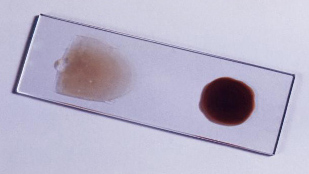 CDC PUBLIC HEALTH IMAGE LIBRARYIn 2012, governments, charities, and pharmaceutical companies met in London and declared to support the World Health Organization (WHO) goal to, by 2020, eliminate or bring under control 10 neglected tropical diseases (NTDs) that continue to plague the developing world, including Guinea worm disease, leprosy, sleeping sickness, and Chagas disease.
CDC PUBLIC HEALTH IMAGE LIBRARYIn 2012, governments, charities, and pharmaceutical companies met in London and declared to support the World Health Organization (WHO) goal to, by 2020, eliminate or bring under control 10 neglected tropical diseases (NTDs) that continue to plague the developing world, including Guinea worm disease, leprosy, sleeping sickness, and Chagas disease.
A notable impact of the so-called London Declaration to date has been a significant increase in drug donations for NTDs for diseases for which treatments already exist. However, NTDs must be identified before they can be properly treated. One major challenge to fulfilling the goals of the London Declaration, then, lies in the lack of readily available, easy-to-use, reliable, and low-cost diagnostic tools to identify infected patients, monitor the impact of drug programs, and watch for disease re-emergence. These tests, such as those recently developed for sleeping sickness by our organization, the Foundation for Innovative New Diagnostics (FIND), are essential to lessening the burden of NTDs.
While diagnostics for NTDs are significantly less costly to develop as compared to drugs or vaccines, the process required ...





















